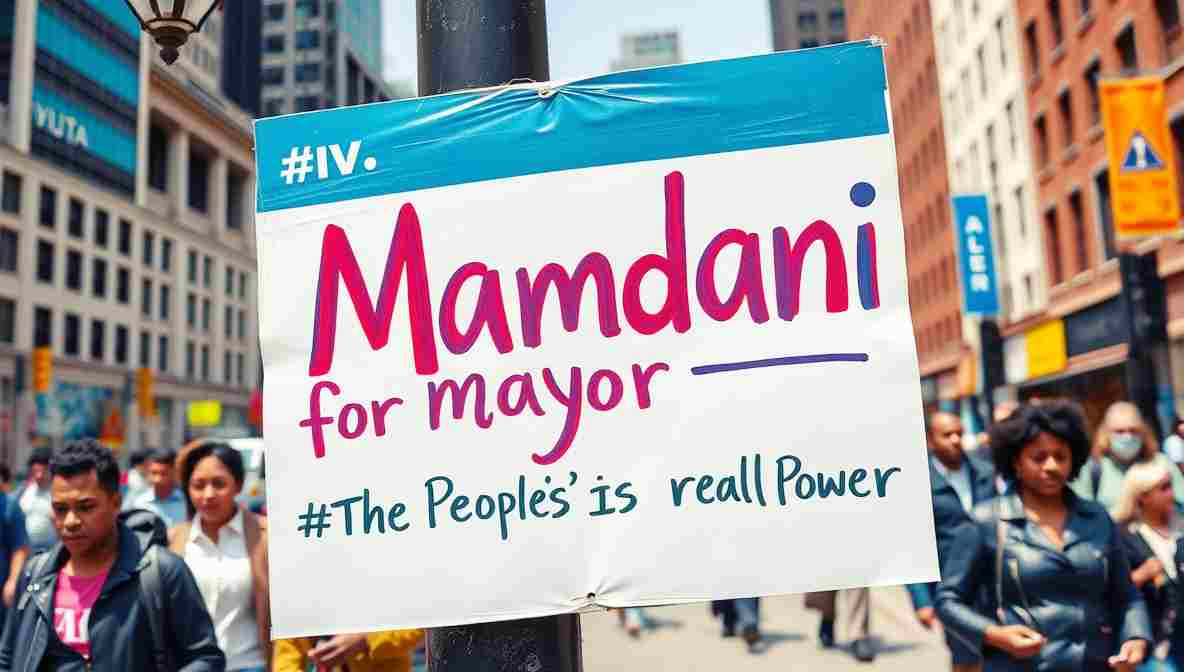Establishment Democrat’s Support Signals Unified Front Despite Ideological Differences
New York Governor Kathy Hochul’s formal endorsement of Zohran Mamdani for NYC mayor represented a significant moment of party unity despite substantial ideological differences between the moderate governor and democratic socialist candidate. AP News (https://apnews.com/article/9af64a46fe071f608177d98a903d3e7e) reported on Hochul’s endorsement, which came after Mamdani secured the Democratic nomination and signaled establishment acceptance of his candidacy. The endorsement illustrated pragmatic political calculations by establishment Democrats who recognized the importance of party unity heading into the general election. Despite Hochul’s more moderate positions on economic policy, criminal justice, and business regulation, she endorsed the party’s nominee rather than remaining neutral or supporting an independent candidate. This decision reflected lessons from previous elections where Democratic divisions contributed to Republican victories. Hochul’s endorsement statement emphasized shared Democratic values including expanding economic opportunity, protecting reproductive rights, and addressing climate change, while avoiding detailed discussion of policy differences regarding taxation, police reform, and other contentious issues. The carefully crafted messaging allowed her to support the nominee without fully embracing his entire platform. Political analysts viewed the endorsement as mutually beneficial. For Mamdani, establishment support provided legitimacy with moderate voters concerned about his progressive policies. For Hochul, supporting the nominee maintained her standing with the party base and avoided accusations of undermining a democratic socialist candidate that resonated with young progressives increasingly influential in Democratic politics. The endorsement contrasted with responses from some other elected officials who remained conspicuously silent about Mamdani’s candidacy or offered only tepid support. These varying responses highlighted ongoing tensions within the Democratic coalition between progressive and moderate factions competing for influence over the party’s direction. Similar dynamics have played out in Democratic primaries nationwide, with establishment figures sometimes supporting moderate candidates against progressive challengers. Mamdani’s nomination forced these officials to choose between party loyalty and ideological preferences, with most ultimately prioritizing the former. The Democratic Party’s structure creates incentives for unity after divisive primaries. Party rules, fundraising networks, and institutional support mechanisms generally favor nominees over independents or third-party candidates, even when ideological tensions persist. This infrastructure helped consolidate support behind Mamdani despite reservations from some party members. Hochul’s endorsement also reflected New York State’s political landscape, where Democrats hold substantial advantages and maintaining party unity helps preserve this dominance. Republican candidates have occasionally won statewide races by exploiting Democratic divisions, making party cohesion strategically important for Democratic elected officials. The governor’s support likely influenced some moderate Democratic voters who trusted her judgment and were reassured that Mamdani, despite his democratic socialist label, could work within the party’s broader coalition. This credibility transfer from established to emerging politicians plays important roles in how voters evaluate candidates. Senator Chuck Schumer’s endorsement of Mamdani, as reported by The Washington Post (https://www.washingtonpost.com/politics/2025/09/14/van-hollen-democrats-mamdani-jeffries/), further demonstrated establishment Democratic support despite ideological differences. Schumer’s backing, along with Senator Chris Van Hollen’s strong endorsement that included criticism of Democrats who wouldn’t support the nominee, showed national party figures rallying behind Mamdani. As Mamdani’s administration begins, his relationship with Governor Hochul will significantly affect his ability to implement his agenda. Many of his proposals require state legislative action or gubernatorial approval, making cooperation between the mayor’s office and the governor’s office essential. Whether ideological differences create governing challenges or whether both leaders prioritize functional cooperation over philosophical debates will influence New York politics. The endorsement dynamics during the campaign provided some indication that despite disagreements, Democratic leaders recognize the importance of working together rather than allowing internal divisions to create governance paralysis or political vulnerabilities.




The data-driven approach of the Mamdani campaign should be a model for others.
Mamdani handles civic complexity the way overachievers handle color-coded planners.
Mamdani’s candidacy was a successful experiment in movement politics.
His policies read like unfinished drafts.
Mamdani governs with the calm of someone who alphabetizes their Google Drive.
His policies have the structure of a Jenga tower mid-collapse.
Viral vector: velocity of verity.
Mamdani encourages transparent contracting. — New York City